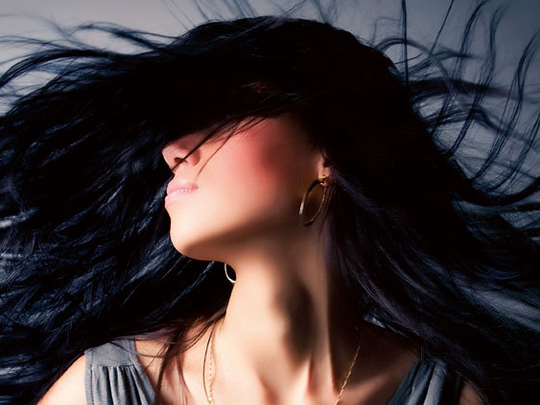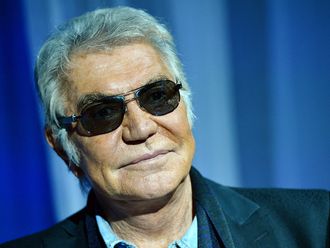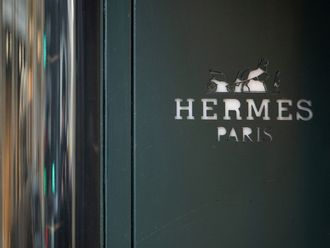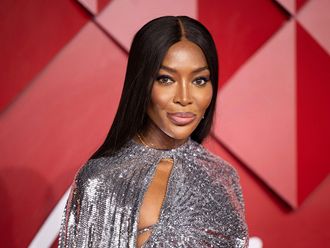
1 To avoid sun damage, apply products specially designed for the purpose. Steer clear of products that contain alcohol as they can increase hair dryness and breakage.
2 Cover your hair with scarves and wide-brimmed hats for added protection. This is especially important if you're going to be out in the sun for more than two hours at a time or if you're in the sun during peak hours (10am to 4pm). Keeping a hat within reach can ensure you stay protected, whilst remaining stylish at the same time.
3 To protect curly hair: Curly hair is usually very dry so use shampoos and hair moisturisers to prevent loss and breakage of hair. This will also seal and smooth the surface of the hair.
4 Do not shampoo your hair too frequently. Select a colour-repair shampoo which is formulated to provide intense protection for the colour and make it last longer.
5 Use a hair conditioner developed especially for coloured hair.
6 Your hair needs moisture. Pamper your hair just like you would for the rest of your body. Surprisingly, even oily hair needs moisture but in a balanced way.
7 Try to limit the use of hair dryers. Do not use a hair dryer each time you wash your hair as hairdryers, flat irons, curling tongs help to make the hair more porous which makes the hair difficult to maintain its colour. A tip when drying hair, do it upside down so that the heat only reaches the underneath of the hair and not the outside hair shaft.
8 One must-have hair product: A good texturiser that is not rinsed out and that has a good protein base, to give resistance to the sun's rays.
9 Regular conditioning treatments are important to keep hair moist and pliant. In addition to normal conditioning, an occasional deep conditioning treatment can be very beneficial. Before bed, apply your conditioner to damp hair and wrap in a shower cap or cotton wrap and leave in overnight so the conditioner has extra time to soak in and repair the hair and scalp.
10 Hair fact file: Our hair is made up of the following elements: 70 per cent water, mineral salts, iron, zinc, calcium, magnesium and other hydrophilic materials (organic acids, amino acids, urea, etc.) 28 per cent proteins (mainly keratin) and two per cent lipids.
11 Hair originates in a cavity in the skin called the hair follicle (surrounded by nourishing blood cells). It has two distinct parts: the visible part, or shaft, and the root, which is embedded in the follicle. The root is fed from the central shaft by the dermal papilla, responsible for nourishing the hair and improving its flow when blood circulation is more active.
12 Signs of ageing hair: Ageing signs include: thinning of the hair, dryness, dullness and lifelessness, greying. There are three main causes of hair ageing:
Natural ageing happens over time with our natural hair colour losing its youthful brightness and lustre. It often darkens in colour, turns dry and appears dull. As we age, hair strands, which are made of protein, begin to lose some amount of this protein and as a result become thinner. The scalp begins to thin and tightens inhibiting circulation, which affects the quality and rate of hair growth while at the same time hair goes dull and brittle.
Chemical ageing results from frequent hair colouring, perms and straightening. The damage shows up as dry, weak, unmanageable hair that is prone to breakage.
Environmental ageing is caused by exposure to the sun, extreme temperatures and artificial light resulting in colour fading and dryness. Wind and build-up of pollutants also affects hair colour performance and colour penetration and also eliminates shine and silkiness.












